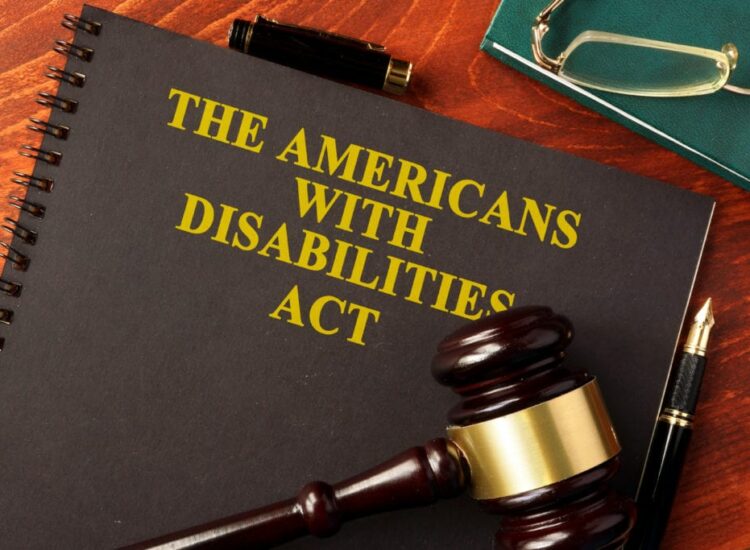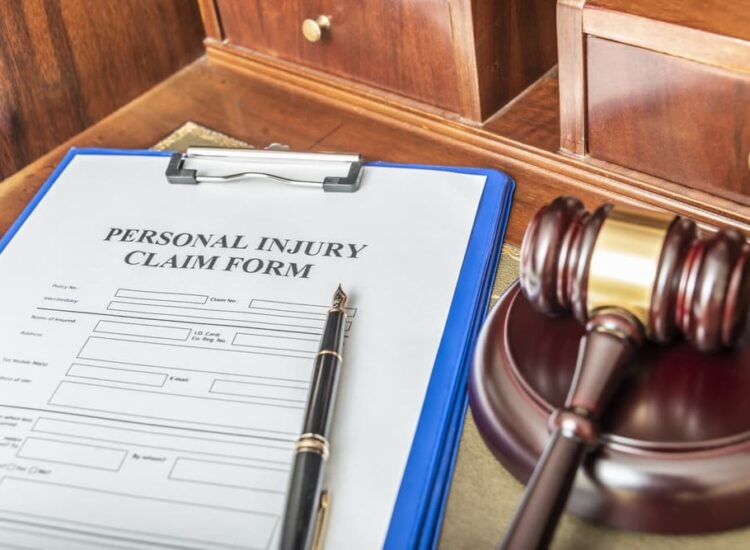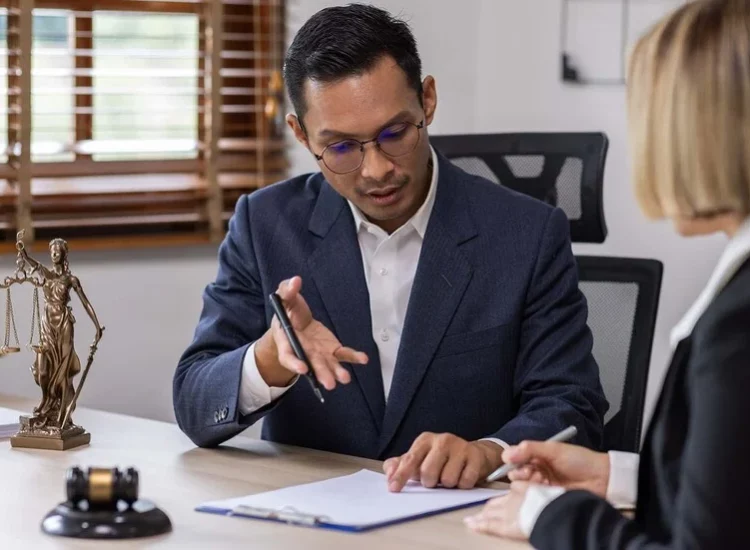It’s a common misconception that all criminal defense attorneys are created equal. The reality is that the quality of legal representation can drastically influence the outcome of a case. Navigating the complex legal system requires a skilled advocate who understands the nuances of criminal law and can effectively protect your loved one’s rights. Finding the best criminal law representation is essential when a family member faces criminal charges, as it can mean the difference between freedom and severe legal consequences.
Toc
Understanding the Criminal Justice System
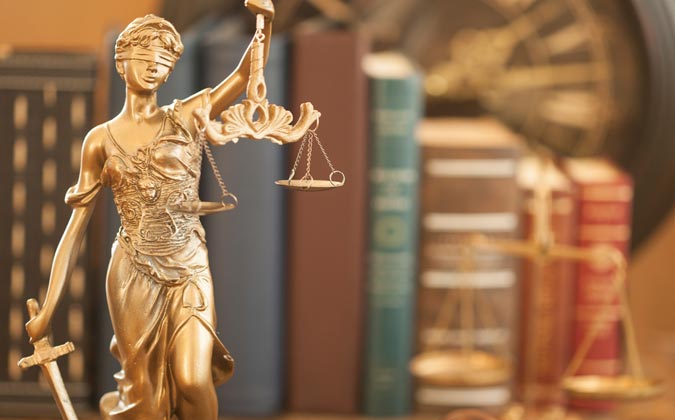
Navigating the criminal justice system can be overwhelming for families. To support your loved one effectively, it’s crucial to understand the key stages of the process. Each phase presents unique challenges and opportunities for intervention, making it essential to have a clear grasp of what to expect.
Arrest and Initial Appearance
When someone is arrested, they are taken into custody and presented before a judge for an initial appearance. This critical step involves informing the accused of the charges against them and their rights. The judge will also set bail, if applicable. Having the best criminal defense attorney present during this phase is vital, as they can ensure that your loved one’s rights are upheld and help them comprehend the legal proceedings.
The initial appearance is often the first opportunity for the accused to express their side of the story, albeit through their attorney. A skilled attorney can argue for the accused’s rights, advocate for a reasonable bail amount, and provide guidance on how to proceed. If a loved one is arrested, having an attorney at this stage can help ensure they are treated fairly and understand their options moving forward.
The Bail Process
Following the initial appearance, the court will decide whether to grant bail or keep the accused in custody until their trial. The bail amount can significantly affect the accused’s ability to prepare for their defense and manage personal responsibilities. A knowledgeable criminal defense attorney can negotiate favorable bail terms and advocate for a reasonable bail amount, potentially allowing the accused to return home while preparing their case.
If bail is denied, the accused may remain in custody for an extended period, which can complicate their ability to mount a strong defense. In such situations, having an experienced attorney who can argue for bail reconsideration is crucial. They can present evidence of the accused’s ties to the community, lack of flight risk, and any other factors that may persuade the judge to grant bail.
The Trial Process
If the case goes to trial, the role of the best criminal defense attorney becomes even more critical. They will develop a robust defense strategy, identifying weaknesses in the prosecution’s case, challenging evidence, and crafting compelling arguments for the judge or jury. The trial outcome can profoundly impact the accused’s future, making it essential to have an experienced advocate by their side.
The trial process involves several stages, including jury selection, opening statements, witness testimony, cross-examination, and closing arguments. Each phase requires a different set of skills and strategies. The best criminal defense attorney will be adept at navigating these stages, ensuring that the accused’s rights are protected throughout the proceedings. They will also work to establish reasonable doubt in the minds of the jurors, which is crucial for a not-guilty verdict.
Understanding the Plea Bargaining Process
Plea bargaining is a significant aspect of the criminal justice system that families need to understand. It involves the defendant pleading guilty to a lesser charge or charges in exchange for a more lenient sentence. This process can be complex, with various factors influencing the decision, such as the strength of the prosecution’s case, the defendant’s criminal history, and the potential sentence for the original charge.
Benefits of Plea Bargaining: Engaging in plea negotiations can be advantageous for the defendant, leading to a shorter sentence, avoiding the uncertainties of a trial, and saving resources for both the defendant and the prosecution.
Risks of Plea Bargaining: However, there are risks associated with plea bargaining. The defendant may feel pressured to accept a plea deal that is not in their best interest, or they may be unaware of all the potential consequences of the plea. It is crucial for families to discuss these dynamics with their attorney to make informed decisions.
The Role of a Criminal Defense Attorney
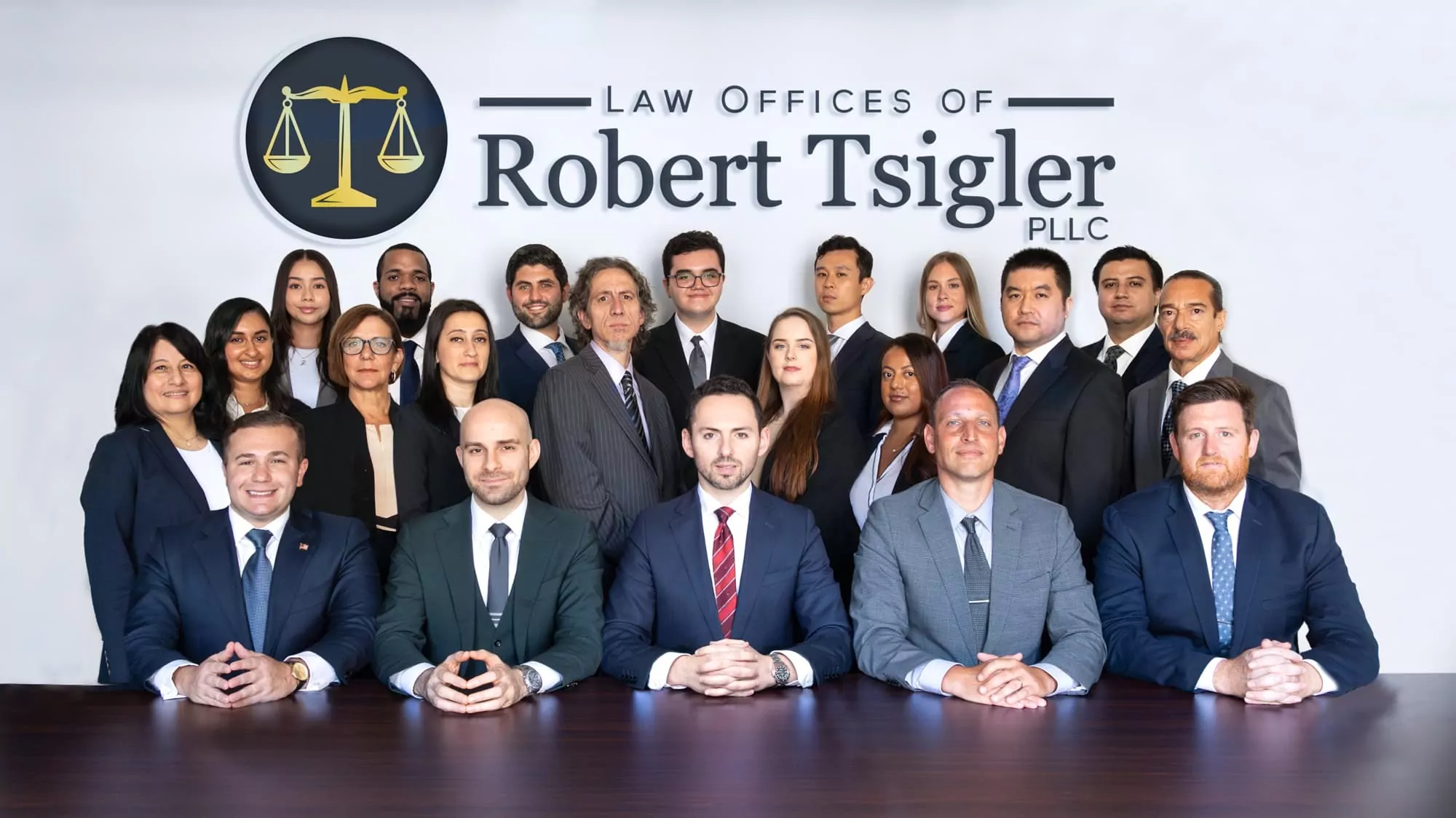
The best criminal defense attorney is not just a representative in court; they are your loved one’s most valuable ally in navigating the complexities of the legal system. Their expertise can significantly influence the outcome of a case, making their role indispensable.
Building a Strong Defense
A proficient criminal defense attorney will conduct a thorough investigation, gather evidence, and devise a comprehensive defense strategy. They may explore various legal defenses, such as mistaken identity, alibi, or self-defense, tailored to the specific circumstances of the case. This meticulous preparation is crucial for mounting a strong defense.
In addition to identifying potential defenses, a skilled attorney will also scrutinize the prosecution’s case for weaknesses. They will evaluate the evidence presented, challenge its admissibility, and question the credibility of witnesses. By doing so, they can often find inconsistencies or gaps in the prosecution’s narrative, which can be pivotal in establishing reasonable doubt.
Negotiating with Prosecutors
Plea bargaining is a common practice in criminal cases, and the best criminal defense attorney will engage in negotiations with prosecutors to secure reduced charges or more favorable sentencing options. While accepting a plea deal may appear to be the simplest solution, it’s vital to have an attorney who can assess the potential risks and benefits, guiding you toward the best decision for your loved one.
A skilled attorney understands the nuances of plea negotiations and can leverage their knowledge to achieve the best possible outcome. They will consider factors such as the strength of the evidence, potential sentences, and the client’s long-term goals. If a plea deal is in the best interest of the accused, the attorney will ensure that the terms are fair and that the client fully understands the implications.
Representing the Accused in Court
In court, the attorney’s role encompasses cross-examining witnesses, presenting evidence, and delivering persuasive arguments. Their courtroom experience and skills can significantly influence the outcome of the trial, making it imperative to choose an attorney who is both competent and confident in their abilities.
The best criminal defense attorney will be adept at crafting a compelling narrative that resonates with jurors. They will use their skills to present evidence in a clear and persuasive manner, ensuring that the jury understands the defense’s position. Additionally, they will be prepared to counter the prosecution’s arguments effectively, highlighting inconsistencies and presenting alternative explanations for the evidence.
Post-Conviction Relief
Even after a conviction, the attorney’s role isn’t necessarily over. They may assist with post-conviction relief, which involves challenging the conviction or sentence after it has been imposed. This could include appealing the conviction, seeking a reduction in sentence, or challenging the conditions of probation. Understanding this aspect can be crucial for families as they navigate the aftermath of a conviction.
Choosing the Best Criminal Law Representation
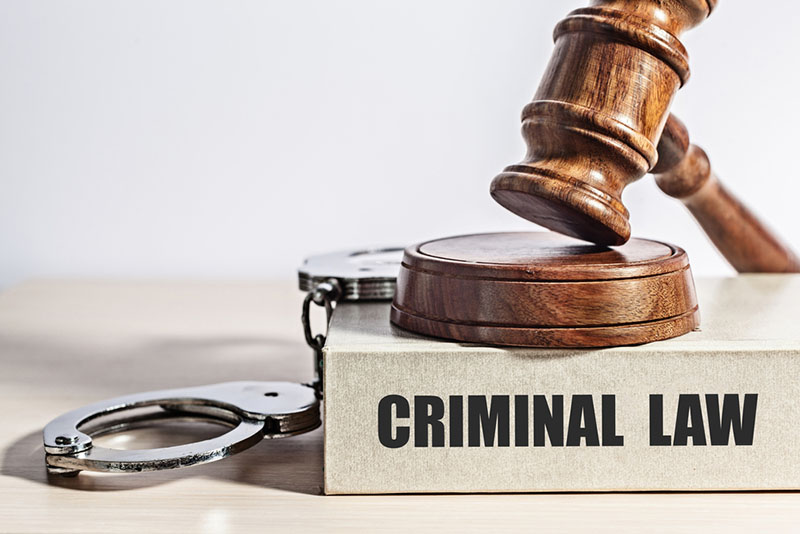
Finding the right criminal defense attorney for your loved one is a pivotal decision. Here are some practical tips to help you make the best choice.
Essential Qualities to Look For
When searching for the best criminal law representation, consider attorneys with extensive experience in criminal law, a strong track record of successful outcomes, and a reputation for providing personalized attention and support. Additionally, assess the attorney’s communication style and their ability to explain intricate legal concepts clearly.
Look for attorneys who are not only knowledgeable but also empathetic and supportive. Facing criminal charges can be an emotionally taxing experience, and having an attorney who understands the emotional toll can make a significant difference. An attorney who takes the time to listen and address your concerns will help you feel more confident throughout the process.
Asking the Right Questions
During the initial consultation, prepare to ask the following questions to gauge the attorney’s qualifications and fit for your loved one’s needs:
- What is your experience with cases similar to this one?
- How do you approach building a defense strategy?
- What are your fees, and do you offer payment plans?
- What is your success rate in plea bargaining and trial outcomes?
These questions will provide valuable insights into the attorney’s approach and effectiveness. Additionally, ask about their availability for communication and how they prefer to keep clients updated on case progress. A good attorney should be approachable and willing to engage with you throughout the legal process.
Financial Constraints
Finding the best criminal defense attorney can be expensive, and many families may face financial constraints. Public defender offices offer legal representation to those who cannot afford it, but they often have limited resources and may not be able to provide the same level of attention as private attorneys. It is important to weigh these options carefully and consider what will best serve your loved one’s interests.
Resources for Finding an Attorney
To locate qualified criminal defense attorneys, consider reaching out to local bar associations, online legal directories, and trusted referrals from friends or family. Legal aid organizations and public defender’s offices can also offer guidance and recommendations for affordable legal representation.
Utilize online reviews and testimonials to gauge the experiences of past clients. Websites like Avvo or Martindale-Hubbell can provide insights into an attorney’s reputation and expertise. Additionally, don’t hesitate to schedule consultations with multiple attorneys to compare their approaches and determine who feels like the best fit for your loved one’s case.
Supporting Your Loved One Through the Process
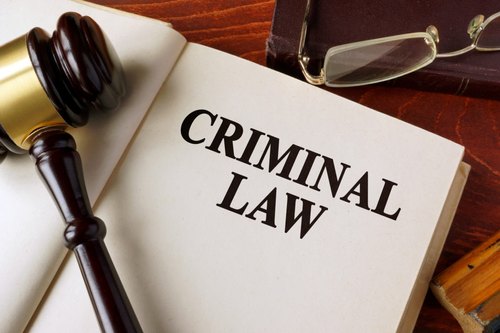
The legal process can be daunting for both the accused and their families. Providing unwavering emotional support and practical assistance is crucial during this challenging time.
Maintaining Communication
Keep in regular contact with your loved one and their attorney. Staying informed about the case’s progress and participating in decision-making can help alleviate anxiety and uncertainty. Regular updates and check-ins can foster a sense of security for your loved one, making them feel less isolated.
Encourage open communication between your loved one and their attorney. They should feel comfortable discussing their concerns and asking questions. This collaboration can help ensure that your loved one’s needs are addressed and that they feel supported throughout the process.
Providing Emotional Support
Facing criminal charges can take a significant emotional toll. Be there to listen, encourage your loved one to seek professional counseling if needed, and create an environment of support. Remind them that they are not alone and that your family stands by them throughout the ordeal.
Consider engaging in activities that promote emotional well-being, such as exercise, meditation, or spending time with supportive friends and family. These activities can help alleviate stress and provide a much-needed distraction from the legal challenges at hand.
Help your loved one manage practical matters, such as maintaining employment, handling finances, and caring for dependents. Seek out local resources and organizations that can provide additional support, such as social services or community programs. Taking care of these practical concerns allows your loved one to focus on their legal defense without added stress.
Assist in organizing a support network that can help with day-to-day responsibilities. This network can include family, friends, and community members who can step in to provide assistance, allowing your loved one to concentrate on their case and emotional well-being.
Frequently Asked Questions (FAQ)
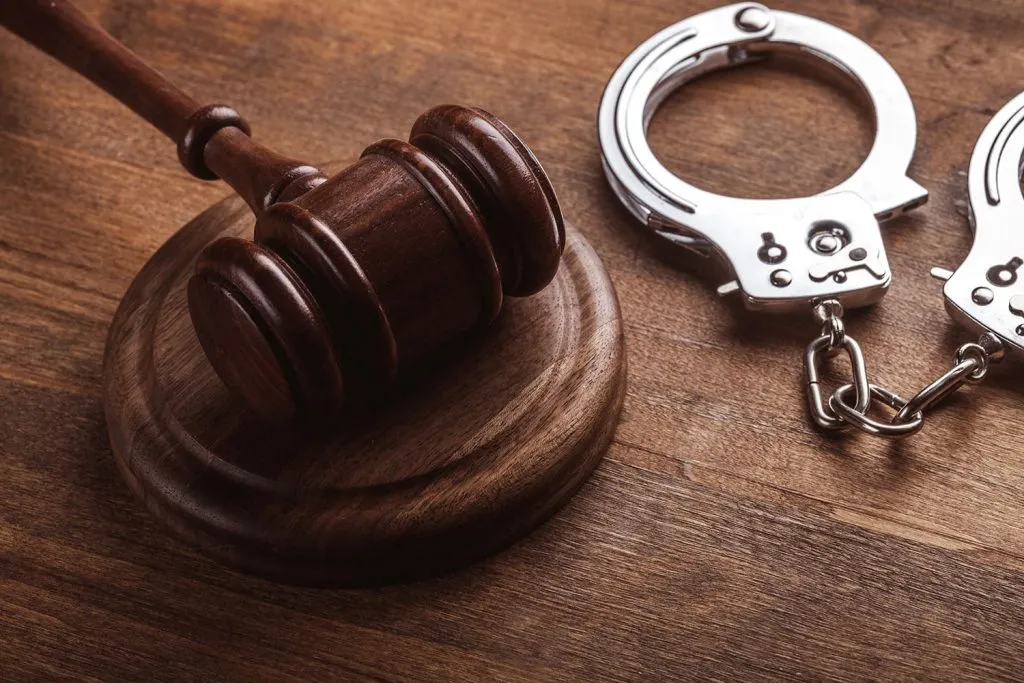
Q: What are some common criminal offenses that families might face?
A: Families may encounter a variety of criminal charges, including driving under the influence (DUI), assault, drug possession, and theft. The potential consequences can range from fines and probation to imprisonment, depending on the specific offense and circumstances. Additionally, charges related to white-collar crimes, such as fraud or embezzlement, can have significant financial and reputational repercussions.
Q: How can I afford the best criminal defense attorney?
A: There are several options for affording legal representation. Some attorneys offer payment plans or accept credit card payments, allowing families to manage costs over time. If you meet certain financial criteria, you may qualify for court-appointed counsel or legal aid services. Discussing your financial situation with potential attorneys during the initial consultation can help identify the most manageable options for securing the best criminal law representation.
Q: What should I do if my loved one is being accused of a crime?
A: The first step is to contact a criminal defense attorney immediately. Advise your loved one to avoid any contact with law enforcement without legal representation, as statements made could be used against them. Stay calm and reassure your loved one of your support. Work closely with the attorney to understand the charges, the legal process, and the best strategies to protect their rights.
Legal Resources and Support

Finding the best criminal law representation can be daunting, but there are resources available to assist families in need.
Legal Aid Organizations
Organizations such as the Legal Services Corporation (LSC) provide free or low-cost legal services to low-income individuals. These organizations can help connect families with qualified attorneys who can provide assistance in navigating criminal charges.
Pro Bono Programs
Many bar associations and law firms offer pro bono programs, where attorneys volunteer their time to represent low-income clients. This can be an invaluable resource for families who may not be able to afford legal representation.
Victim Advocacy Groups
Victim advocacy groups provide support and resources for victims of crime and their families. These organizations can offer guidance on navigating the legal system and accessing additional resources for emotional and practical support.
Conclusion
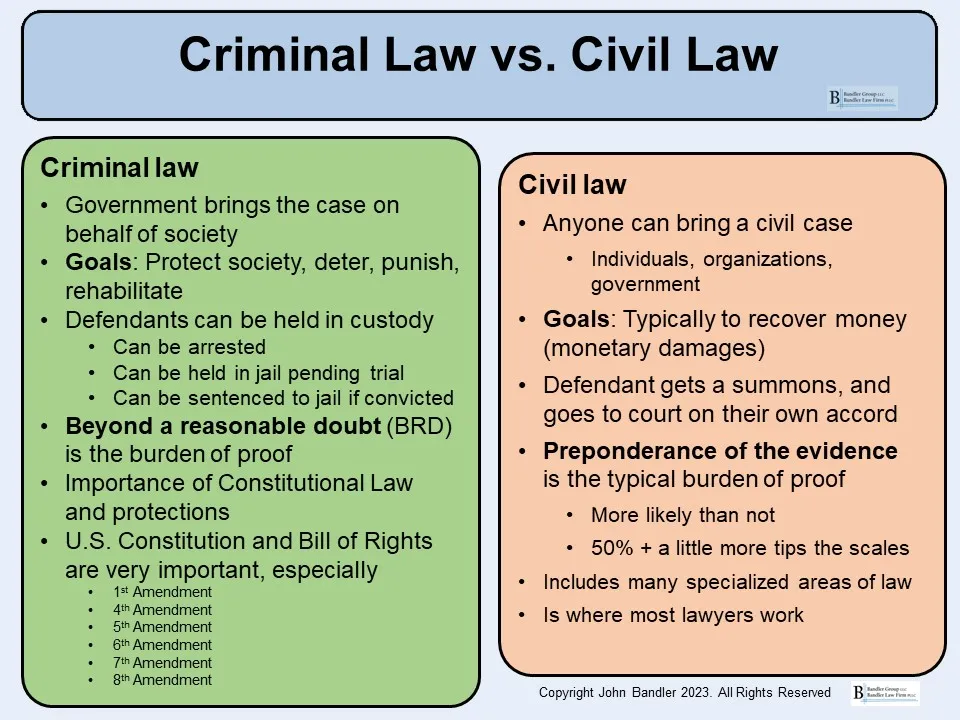
Finding the best criminal law representation is crucial for safeguarding your loved one’s rights and achieving the most favorable outcome possible. By understanding the criminal justice system, selecting a qualified attorney, and providing steadfast support, you can navigate this difficult journey with confidence. Remember, you are not alone, and numerous resources are available to assist you and your family during this challenging time. With the right guidance and support, the path to justice can be navigated more effectively, ensuring that your loved one receives the best possible defense in the face of serious charges.
